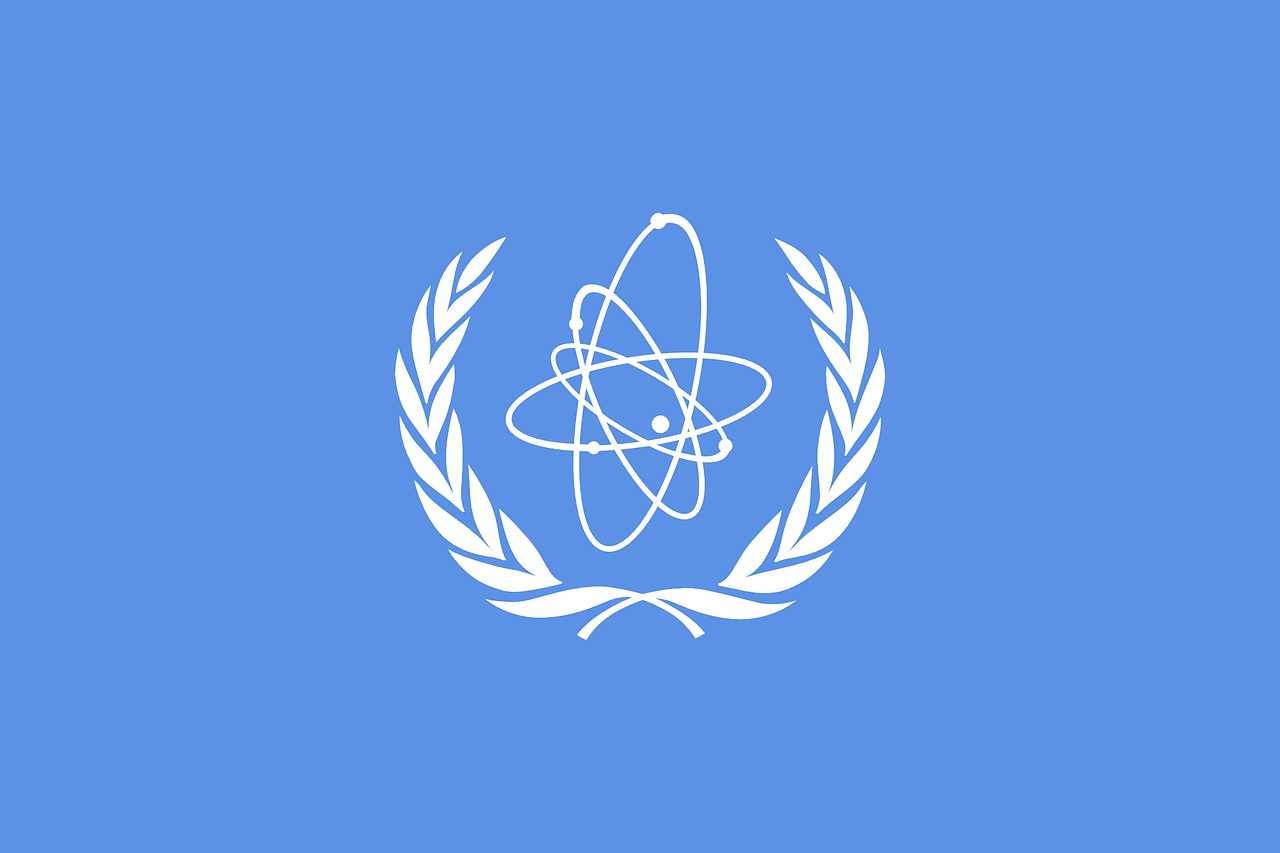
At a meeting held at the VCDNP on 7 November, participants in a 17-member international working group convened by the Partnership for a Secure America provided a briefing on the results of the group's study on how the International Atomic Energy Agency (IAEA) could work with non-state partners to enhance funding for two of the Agency’s activities that are traditionally under-funded: nuclear security and technical cooperation.
The working group, composed of former ambassadors to, and senior officials of, the Agency, concluded that the IAEA could benefit from the development of a comprehensive fundraising strategy and a global leadership team that included corporate leaders with a strategic interest in the Agency's work. The working group recommended that the IAEA, widely recognized for its key role in non-proliferation verification, seek to further develop its “public face” to enhance recognition of the IAEA in the other important areas of its work as well, and thereby attract donors, in particular from the corporate world.
Ambassador John Bernhard, former Permanent Representative of Denmark to the IAEA, introduced the working group's main conclusions, noting that, as the IAEA's programmes expand, so too must its resources. The group suggested that the IAEA devise a fundraising strategy that could drive resource growth. It emphasized that, to be effective, the strategy must receive the Director General's commitment. Ambassador Bernhard referred to other agencies in the UN family, such as UNICEF and UNHCR, which had made significant progress in expanding their resource base and funding through the development of similar comprehensive strategies, involving powerful branding and funding through voluntary contributions, an approach the IAEA could seek to emulate.
James Casterton, former Nuclear Counsellor at the Canadian Mission in Vienna, further elaborated on the need for the IAEA to enhance its brand, making it more attractive as a good partner for potential donors. He pointed to the importance of the IAEA positioning itself so that it can match its objectives to those of potential donors, and, in that regard, suggested that the IAEA explore ways to measure the impact of donations.
Dr. Massoud Samiei, former Programme Director for the Programme of Action for Cancer Therapy (PACT) of the IAEA, discussed lessons learned in the implementation of the PACT project. He observed that there were some simple steps that the IAEA could take that would enable it to accept funds from non‑traditional sources, such as streamlining the process for donating to the Agency and permitting donations in cash or with a credit card.
Dr. Roger Howsley, the co-founder and Executive Director of the World Institute for Nuclear Security, noted that the IAEA could benefit from consideration of the experience of the International Civil Aviation Organization (ICAO) which, after 9/11, implemented minimum aviation security standards. ICAO was able to make these standards not just mandatory, but profitable, by partnering with firms offering aviation security certification. The IAEA, Dr. Howsley noted, could consider a similar approach to nuclear security standards and training.